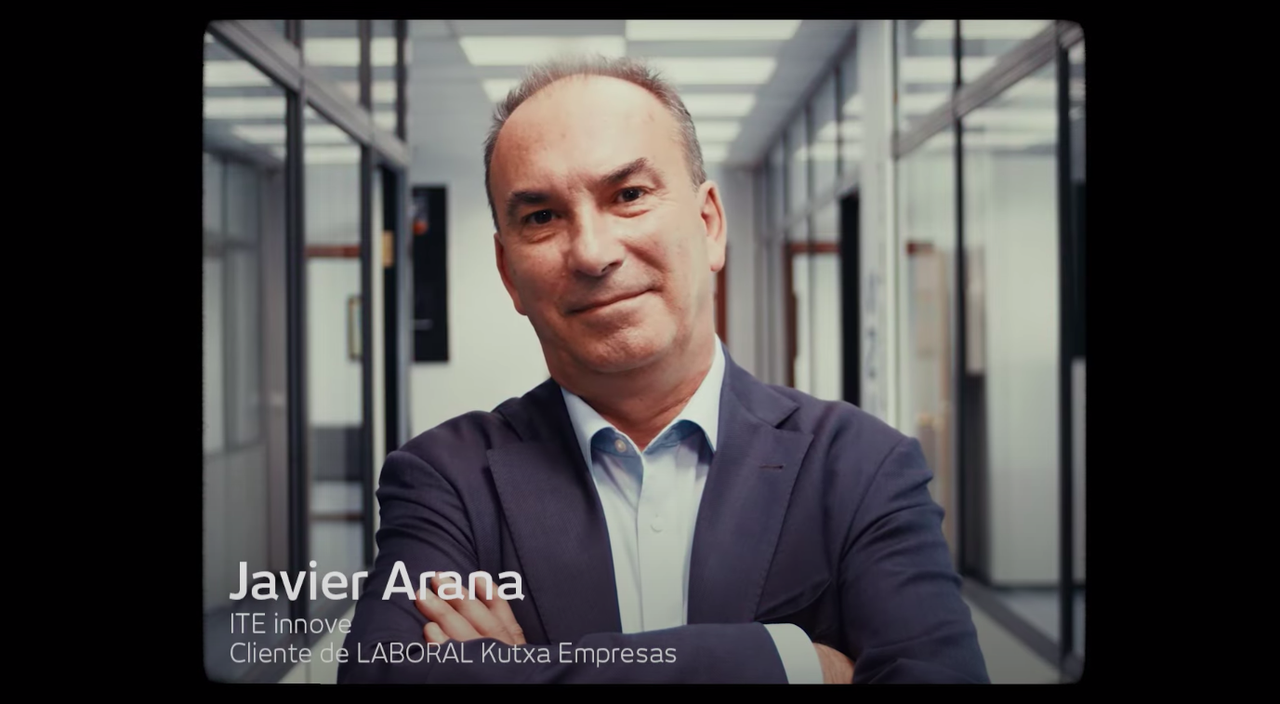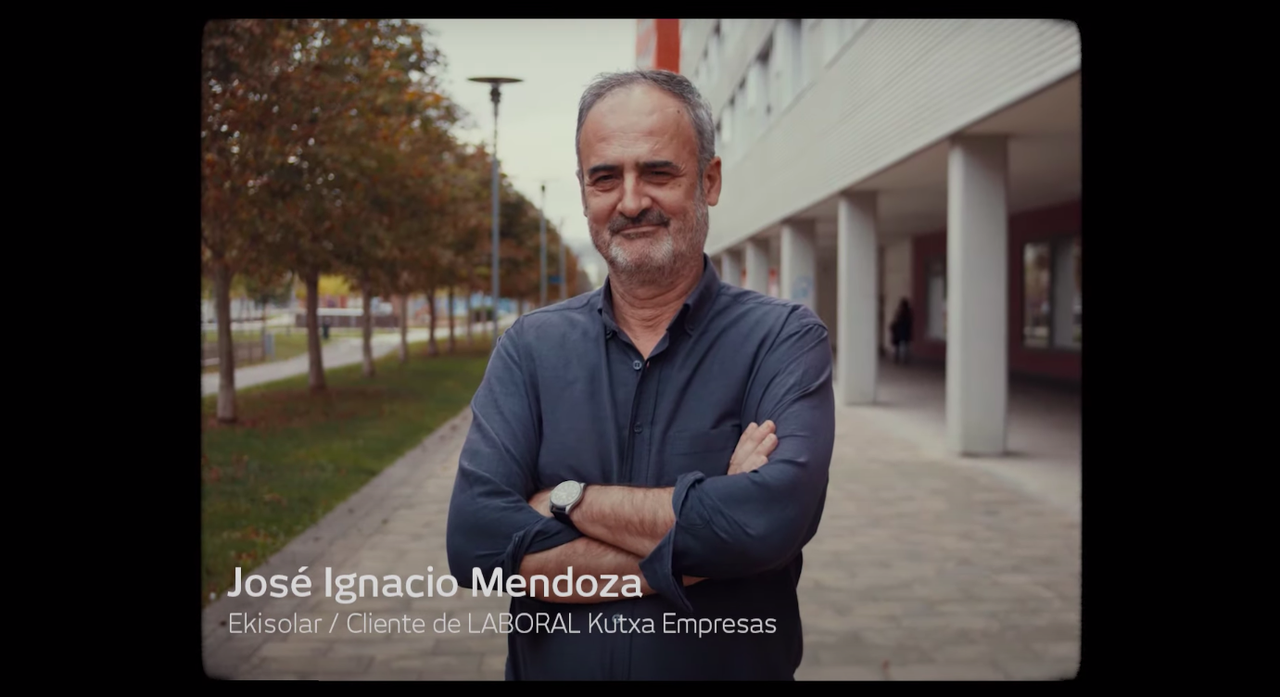
Six lessons I learned in the US: Financing subsidiaries
11-06-2013
Six lessons I learned in the US: Financing subsidiaries
Recently I visited the US in order to prepare a special package of products for subsidiaries of Spanish companies based in America. When you’re traveling and get the chance to compare different ways of doing things, you can say as Roy, the replicant character, says in one of my favorite movies, Blade Runner:
I've seen things you people wouldn't believe... That’s the point. You know what they say: In Rome do as the Romans do. It’s not the same being in India or China, than in the US or even in Bilbao! About subsidiaries, clearly there’re different problems:
- Cash management, payments, cheques, payrolls, credit cards. You need a good bank at a good price. The more flexible they are the more competitive and efficient you’ll be.
- Financing working capital and investment. Maintain clear rules with your parent company. If possible, ask for credit lines to local banks.
- How to deal with banks. Generally speaking, local banks don't pay special attention to subsidiaries. Also, distances are huge... You’re an ‘alien’ in the US, and you’re irrelevant for banks. Work with a friendly bank, one that can understand you. Work on it.
It’s pretty clear that the US economy isn’t affected by the economic crisis at present; businesses are going well, sales are rising… But even in this environment most SMEs are complaining about lack of financing. Maybe this sounds familiar? Considering that in the next 2 to 3 years we’ll be in a similar situation and that Spain could follow the same track, that’s bad news for the future in this country. Let's hope the end of the scene won’t be as Roy says in Blade Runner: ‘Time to die. And if so, who cares?’ I've learned 6 different lessons:
- The US is the country of cheques. Payments are made mostly by cheque, which means that unless you have a good service provided by your bank, you’ll end up spending your internal administration resources in it. Of course, both solutions mean money, bank fees are huge.
- You’re nothing without a credit report. In contrast to credit reports in Spain, where you’re clean provided that your name doesn't appear in some well-known lists, in the US you have to build your own credibility step by step. How will you start to do this? Buying a mixer at Macy’s. It looks easy but it’s not that easy, and it requires time and dedication. And, of course, you mustn’t fail in your track. If one day you don’t pay an invoice, you’ll mess your credit report up and could be denied access to a loan.
- If you’re a subsidiary, you’re nobody without support from your parent company. How to deal with financial dependence is a key factor. A high number of subsidiaries usually delay payments to their parent company. If the parent company is OK with this, no problem. But what happens if the parent company can’t accept payment delays? Or if that situation is strangling its financing facilities?
- Internationalization is not an option for all. Nowadays, it’s absolutely trendy; everyone has to be international, present all over the world... All the mass media, politicians, stakeholders, etcetera, speak about it, but the reality is that it’s cold outside. It’s very difficult, it takes time and you have to be prepared to lose money for years.
- Your success will depend on your Board people. Don’t save money when you hire your team. Only with the best people will you have a chance to earn money in the US. Otherwise, your bet will only be a strategic business.
- Leap, and the net will appear. Make decisions, be brave.
And even one more lesson: you’ll need the support of people who know the market, the culture and customs of the country. I’ve been really lucky working with people like Pio, Fernando, Michael, JF... Thanks to all of them. Soon you’ll get more news from the Laboral Kutxa's offer to be your partner in America.
¿Cuál es tu reacción?













